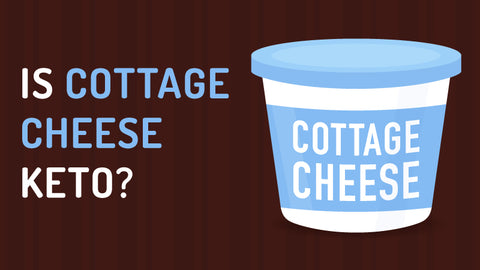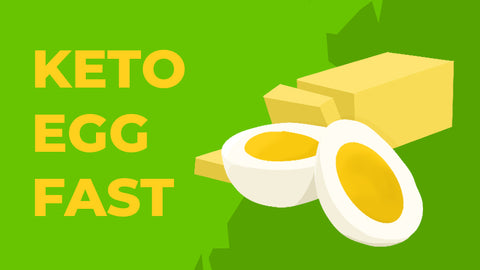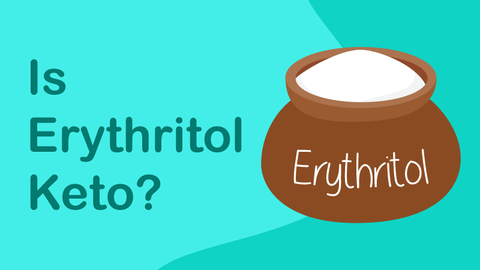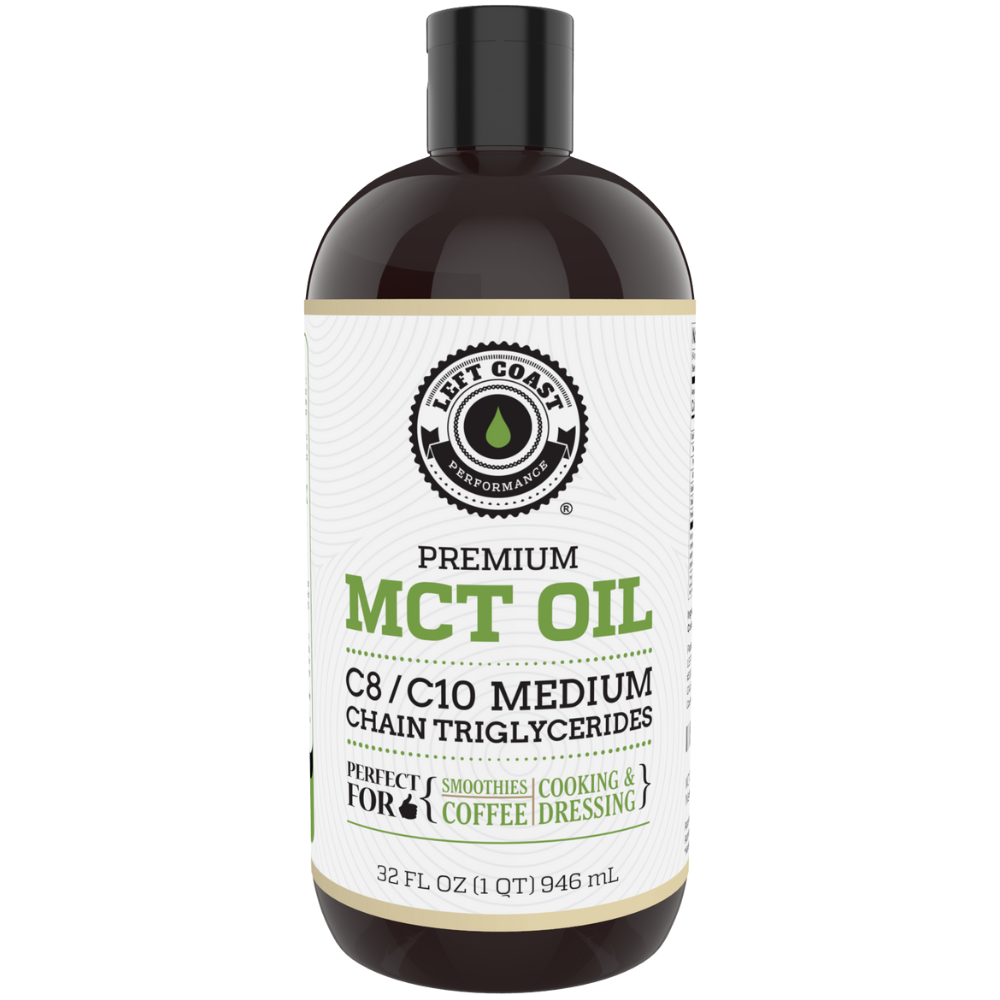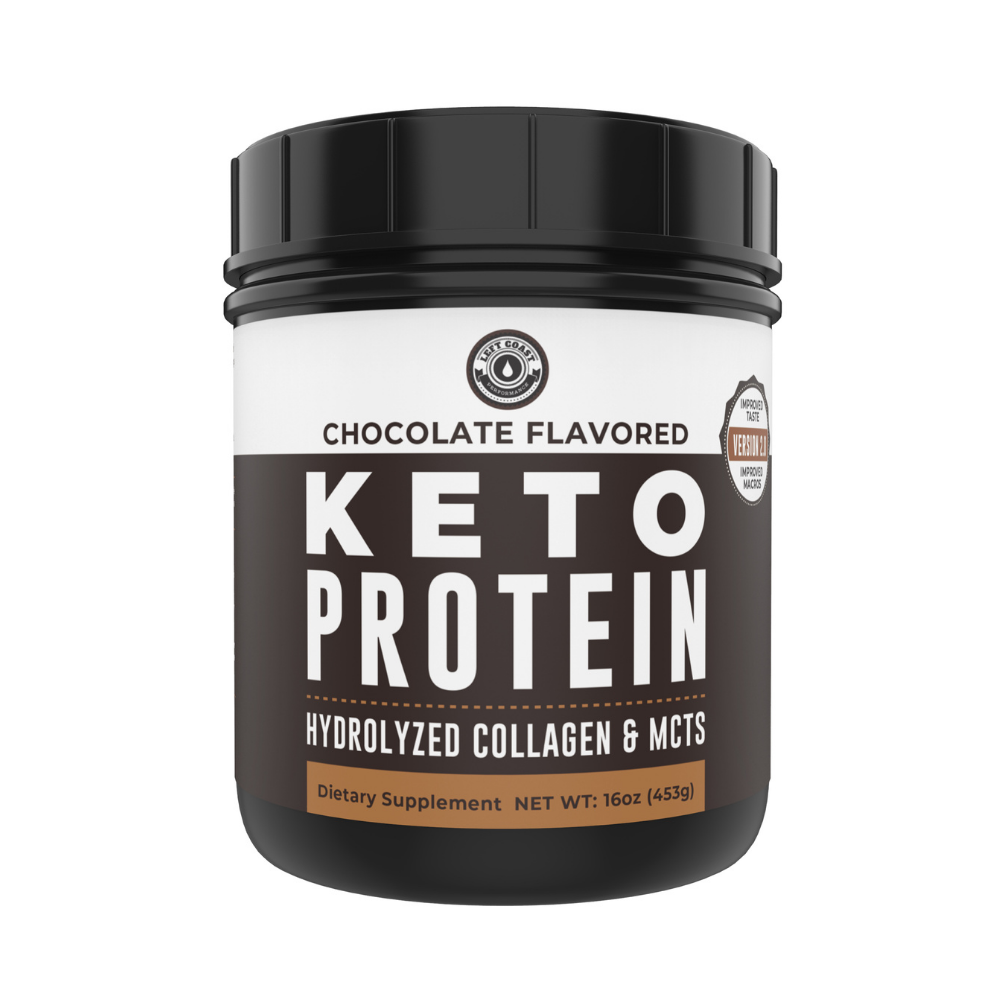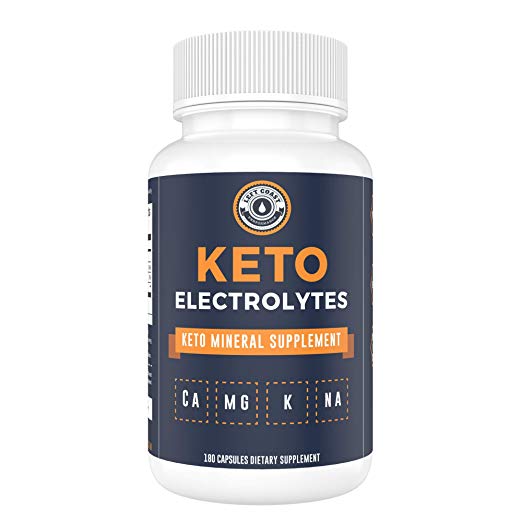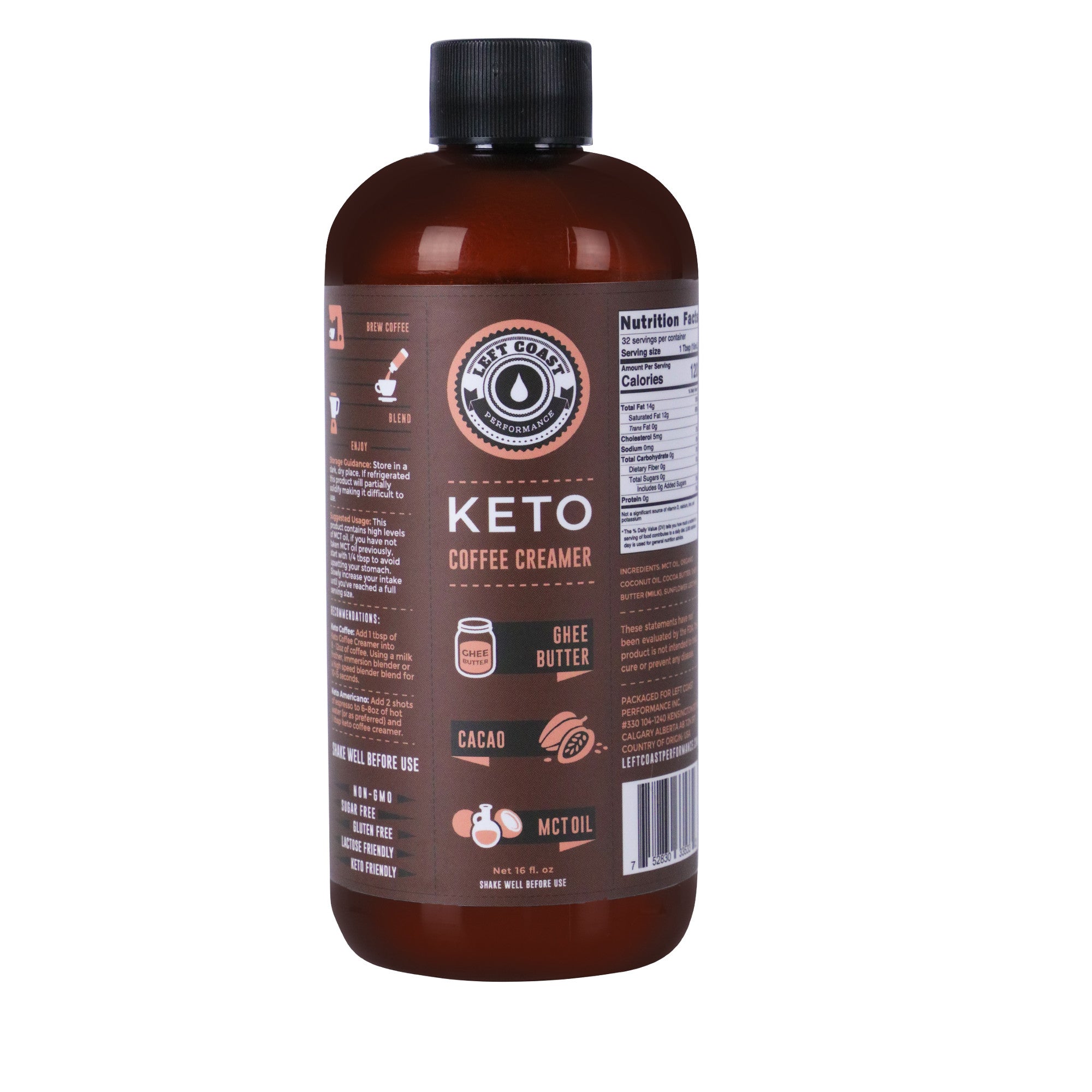Keto Ketchup

on September 05, 2019
Few things are as ubiquitous in American food culture as ketchup. It’s a burger’s best friend, pairs perfectly with french fries and is stocked directly on the table at restaurants everywhere. It’s such a staple that 97 percent of U.S. households report having it on hand.
But is ketchup keto friendly? The answer isn’t as simple as you might think. In this post, we’ll tell you what you need to know about eating ketchup on the keto diet and arm you with some keto-friendly ketchup substitutes that will help you stay in ketosis.
What is Ketchup Normally Made Of?
Ketchup, as you probably know, is made from tomatoes. Tomatoes are rich in vitamins and nutrients, like Vitamins A, C, K and potassium. They’re low in carbs and are the body’s major dietary source of lycopene, an antioxidant which has been linked to a reduced risk of heart disease and cancer. One whole small tomato contains about 2.5 grams of net carbs.
Commercial ketchup is typically made by combining pulped tomatoes (tomatoes that have had their skin and seeds removed) with some combination of vinegar, sweetener, spices, flavorings, onion and garlic. On their own, these ingredients are pretty harmless. But the sweetener in mass-produced ketchup is where things start to devolve for keto followers.
Is Ketchup Keto Friendly?
Despite being made from tomatoes, most of the ketchup you’ll find stocked on supermarket shelves is decidedly not keto friendly. This is because of the sugar content.
The popular Heinz brand of ketchup, for example, is made with cane sugar. One tablespoon of Heinz regular ketchup contains 4 grams of sugar and 4 grams of carbs. If you practice portion control and use only a small amount, traditional ketchup can be safe to add a bit of flavor to foods, but it’s easy to go overboard loading up your plate of fries and put your ketosis at risk.
However, you’ll be pleasantly surprised to learn that not all ketchup contains sugar. There are versions that skip the sweetness altogether in favor of a more savory taste. These can actually be pretty addicting once you let go of the idea that ketchup should be sweet! If you prefer the traditional sweet flavor, there are versions made with keto-friendly sweeteners to suit your palate, too.
You can even make your own keto ketchup at home so you have full control of what goes into it (more on this below).
What Keto-Friendly Ketchup Alternatives Can I Use?
Here are a few alternative options to regular ketchup that won’t put you in danger of falling out of ketosis.
Primal Kitchen Organic Unsweetened Ketchup
Made with USDA organic ingredients, this ketchup variety from Primal Kitchen is completely free of any sweeteners. In fact, 98% of its ingredients are made up strictly of organic tomato concentrate and organic vinegar.
Because the only sweetness in this condiment comes naturally from the tomatoes, it tastes a bit different than sugar-filled store bought ketchup--but in a good way. Once you try it, you’ll wonder why they put so much sugar in ketchup in the first place. In addition to serving as a tasty topping, this product is a great option to replace ketchup in recipes, like for meatloaf and glazes.
It’s non-GMO verified, gluten free, paleo and Whole 30 friendly. One serving has just a gram of sugar and 2 carbs--about half the carb count of traditional ketchup.
Heinz No Sugar Added Tomato Ketchup
If it’s a more conventional ketchup taste you’re after, try this sugar-free option from the ketchup giants at Heinz. It’s sweetened only with red ripe tomatoes for 75% less sugar than regular ketchup, but it tastes just like the real thing.
To achieve the ketchup taste most of us are used to, this product uses sucralose, also known as Splenda. Sucralose is a chemically created artificial sweetener that’s hundreds of times sweeter than normal sugar, so it only requires using a tiny amount to achieve the same level of sweetness. Studies on the use of sucralose by normal, healthy weight adults found it had no impact on blood sugar or insulin levels.
This ketchup alternative takes the cake in the carb department, with a mere one gram of carbohydrates per serving.
Good Food For Good Ketchup
For a more natural approach to achieving a sweet ketchup, you might want to try Good Food For Good ketchup, which is sweetened with dates. Dates are the fruit of the date palm tree and are rich in fiber and potassium as well as natural sugar.
Admittedly, dates on their own (like other fruits) are a no-no for keto dieters because of their high sugar content. But when used in a recipe, they can provide just the right hint of sweetness without the accompanying blood sugar spike from table sugar. A serving of this organic product contains 2 grams of carbs.
Good Food For Good also makes a spicy ketchup with a comparable carb count and a BBQ sauce with 3 grams of carbs per serving. And there’s one more cool thing to love about the company; with every purchase, they make a donation to feed a hungry person in need through their “Buy One, Feed One” program.
Make Your Own Keto Ketchup
There’s another way to enjoy ketchup that won’t kick you out of ketosis: by making your own. It’s fairly simple and only takes about 30 minutes.
Instead of sugar, we used powdered erythritol to achieve sweetness, but you can use pretty much any powdered keto sweetener you prefer. Using a powdered or liquid sweetener rather than a granulated form of sweetener helps achieve a smoother consistency, but if you only have granulated on hand, that’s fine to use, too.
Ingredients
- Small can tomato paste (6 oz.)
- 1 cup water
- 4 tsp cup powdered erythritol (or the equivalent ratio of your favorite keto sweetener)
- 3 tbsp apple cider vinegar
- 1 tsp sea salt
- ½ tsp garlic powder
- ½ tsp onion powder
- ¼ tsp paprika
- ¼ tsp ground cloves
Instructions
Combine all ingredients in a medium size saucepan or stock pot and mix well. Bring to a simmer and cover. Simmer for about 30 minutes, stirring occasionally, until sauce thickens. How long you simmer is up to your personal preference on thickness. Once you’ve achieved the desired thickness, transfer the entire mixture to a blender or food processor and blend on high for 10-20 seconds for maximum smoothness.
This recipe is a great homemade ketchup starter, but you can spice it up further by adding chili powder for heat, cinnamon for flavor, and more. We’ve taken the easy route and used tomato paste as our base, but you can lean all the way into making your own ketchup and start with whole tomatoes, if you prefer.
If you go this route, don’t just grab any old tomato from your veggie crisper. Chefs say the best kind of tomatoes for making ketchup and tomato sauce are those with less juice and more meat on the inside. Roma, beefsteak and san marzano tomatoes are all good options--the riper, the better.
To use whole tomatoes to make tomato paste, begin by roughly chopping your tomatoes and removing any stems or cores. Transfer chopped tomatoes to a large saucepan and cook them until they soften, about 2-3 minutes.
Transfer your now-soft tomatoes to a food mill or sieve. Push them into the sieve, capturing the resulting liquid while straining out the skins and seeds. You’re now left with a liquid-y mixture you can reduce on the stovetop or in the oven to form your own homemade tomato paste. It’s definitely a bit more work, but hugely satisfying to know you can make such a kitchen staple totally from scratch.
Other Keto Friendly Condiments
We’ve established that you don’t have to completely forego ketchup on your keto journey, but even with the low carb options out there, there are some other condiments that have ketchup beat in the carb department.
For starters, look no further than the bright yellow bottle that’s never far from ketchup’s side: mustard. Mustard contains about 75% less sugar than ketchup and works well on many of the same dishes. Some brands of mustard are free from sugar altogether.
For a truly fail-safe keto condiment, opt for mayonnaise. Real mayonnaise is made with eggs, olive oil and either lemon juice or vinegar--all safe to eat on the keto diet. Full-fat, real mayo contains about half a gram of carbs per serving. Just be sure to check the label before you buy, as some brands add flavoring and other ingredients to their mayo that subsequently increases the carb count.
If you’re feeling creative, use mashed avocado as a keto-friendly topping. It spreads easily on a burger bun, is friendly for dipping and even works in place of mayonnaise for recipes like tuna salad. You’ll enjoy all the heart-healthy benefits of avocados with a minimal amount of sugar.
There are so many keto-approved condiment options and ketchup alternatives that pair well with your favorite dishes that there’s really no need to rely on traditional ketchup for your flavor fix.
About Left Coast Performance
Left Coast Performance offers premium low-carb and ketogenic products delivered at a direct-to-consumer price. We carry clean-label products like bone broth protein powder and ketone supplements to fuel your keto lifestyle. You’ll also find keto-approved swaps for everyday products, like our MCT oil coffee creamer. Shop now and receive free shipping on every purchase at www.leftcoastperformance.com. All orders come with a 100% money back satisfaction guarantee. For more keto lifestyle tips, recipe ideas and FAQs, follow Left Coast Performance on Instagram.


